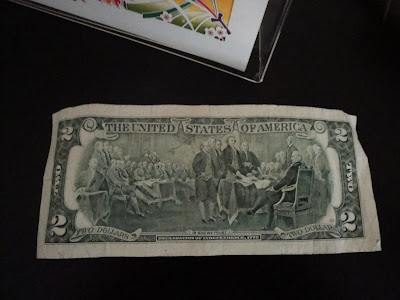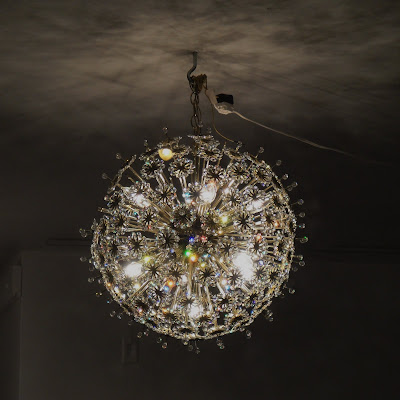
Michael Shermer writes his least skeptical and most appreciative Skeptic column of the year in the September 2010 issue of Scientific American. He reviews Timothy Ferris’s book, The Science of Liberty, and reports on the author’s take on democracy and science.
Ferris is quoted: ‘Liberalism and science are methods, not ideologies.’ Shermer and Ferris hold that democracy is a running experiment. Voting [and the balance of powers] permits the people to continually evaluate their government and experiment with changing laws and rulers.
Science and democracy are not about doctrines, but more about how to run the experiments. As demographics, desires, priorities, and bounty change over the years, the government can take measure of the changes and adjust. Regarding the early history of the US, Ferris states, ‘The new government, like a scientific laboratory, was designed to accommodate an ongoing series of experiments, extending indefinitely into the future. Nobody could anticipate what the results might be, so the government was structured … to sustain the experimental process itself.’
Thus, the benefits are that ‘science obtains knowledge and … liberalism [democracy] produces social orders generally acceptable to free peoples.’
Shermer concludes:
‘The myth of the scientific method as a series of neat and tidy steps from hypothesis and prediction to experiment and conclusion is busted once you go into a lab and observe the more haphazard and messy realities of how researchers feel their way toward discovery. So it is with liberal democracies, which almost never work out as planned but somehow progress ever closer to finding the right balance between individual liberty and social order.’

















